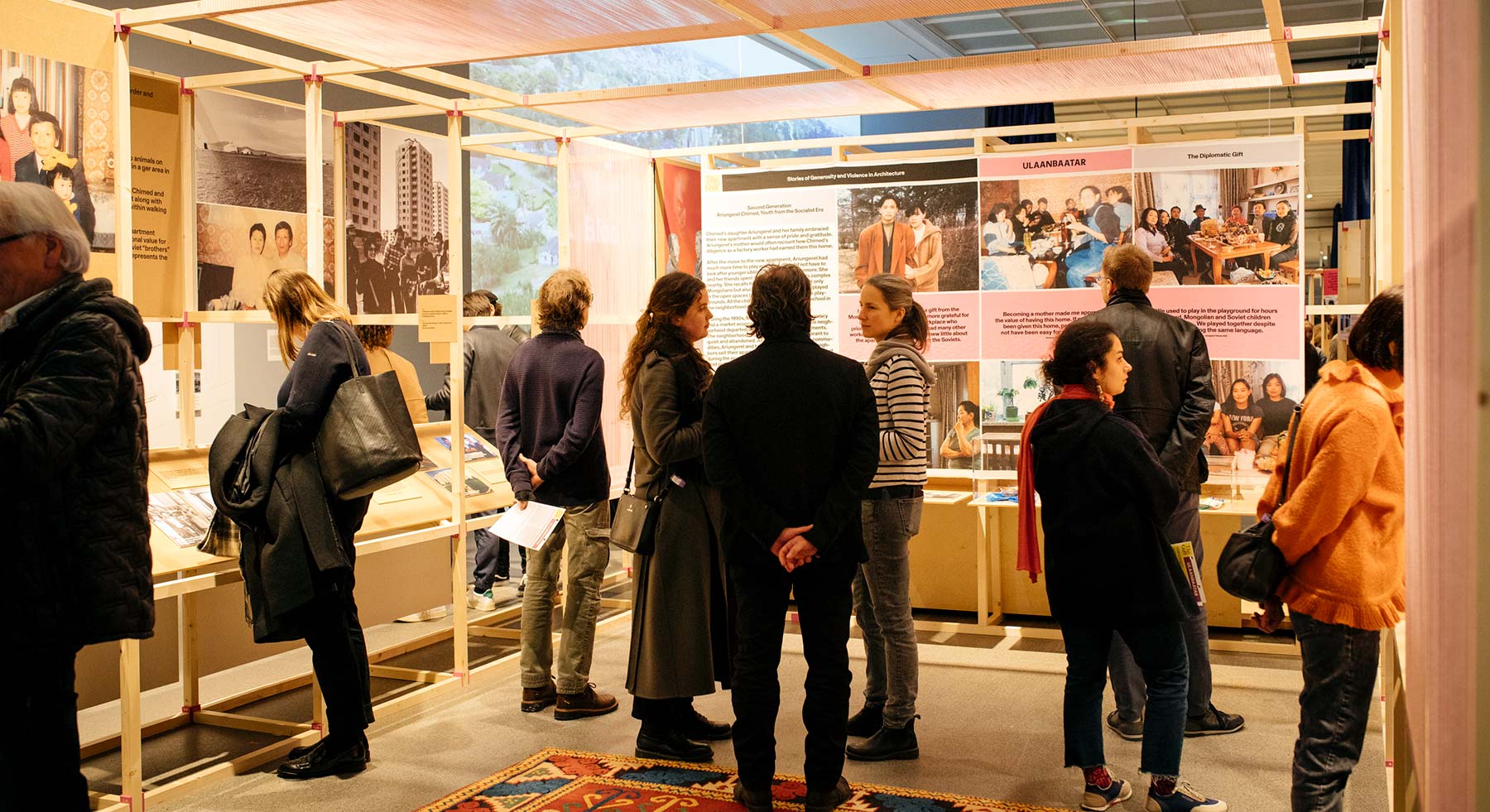Eric Bettis, a Ph.D. candidate in urban and regional planning, has been awarded a Dwight David Eisenhower Transportation Fellowship from the Federal Highway Administration in support of his dissertation.
Bettis’s dissertation, “Regional Transit and Rhetorical Resistance: Anti-Transit Sentiment, Racial Language, and the Politics of Metropolitan Demographic Change,” sheds light on how racial undertones influence collective decision making and the implementation of large-scale public works and equity-driven policies.
Shifting demographics and racial segregation can undermine public support for transit expansion by impacting how political discussions around the topic are framed. The ways in which public officials and news reporters use anti-transit rhetoric, in addition to the roles of geography and population shifts, is central to Bettis’s research.
“It will not be surprising to most, but our social and political environment can have a profound influence on who is either amenable or hostile to supporting the creation of public goods,” said Bettis. Through GIS mapping, demographic data, archival research, and consultation with local planning practitioners and scholars, his dissertation analyzes how targeted language is deployed in Detroit, Atlanta, and Seattle to influence local transit voting.
Bettis’s previous work in architecture and research on the politics of identity led him to pursue a master’s degree in planning from the University of New Orleans, with emphasis on transportation and land use policy. This provided an ideal channel for him to study enduring patterns of race- and class-dependent distribution of transportation resources and their implications.
The Dwight David Eisenhower Transportation Fellowship Program attracts the nation’s brightest minds to the field of transportation, advancing the industry by helping future professionals seek advanced degrees and become leaders in academia, private industry, and public service. In 2020, the fellowship was awarded to Taubman College doctoral student Robert Pfaff, whose dissertation investigates how limiting transit access during suburbanization impacts metropolitan segregation.
“Dissertation writing can be an isolating experience where you begin to question the importance and validity of your work, and getting this fellowship reminded me that what I’m doing actually has the potential to be meaningful,” said Bettis.
He also gains continued support and encouragement from his community at Taubman College.
“My small but mighty cohort and my amazing friends in both the planning and architecture Ph.D. programs have been my backbone since the day I arrived, and have kept me inspired and encouraged,” said Bettis. “Through the ups and downs, my advisor, committee members, and other faculty and staff who have invested in me have provided great support and direction, and have even moved the occasional mountain when needed.”





